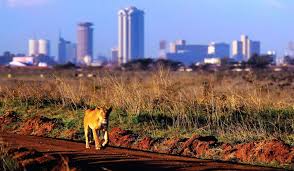The Coronavirus is thought to have emerged in one of the wet markets of Wuhan, China. Much of what went on in these markets was never fully legal. Indeed this $13 billion a year trade has often operated in the grey areas of the law.
However, it has become clear that these are actually rather dangerous. It is one thing to enter a wild area to see the animals that live there. However it is something quite different to go in and kill animals to eat. These wild areas often harbour odd viruses or bacteria and by taking animals alive or dead out of these ecosystems you bring out these threats so that we can contract the illness.
Continue reading “What to do about the wild animal market in China”













